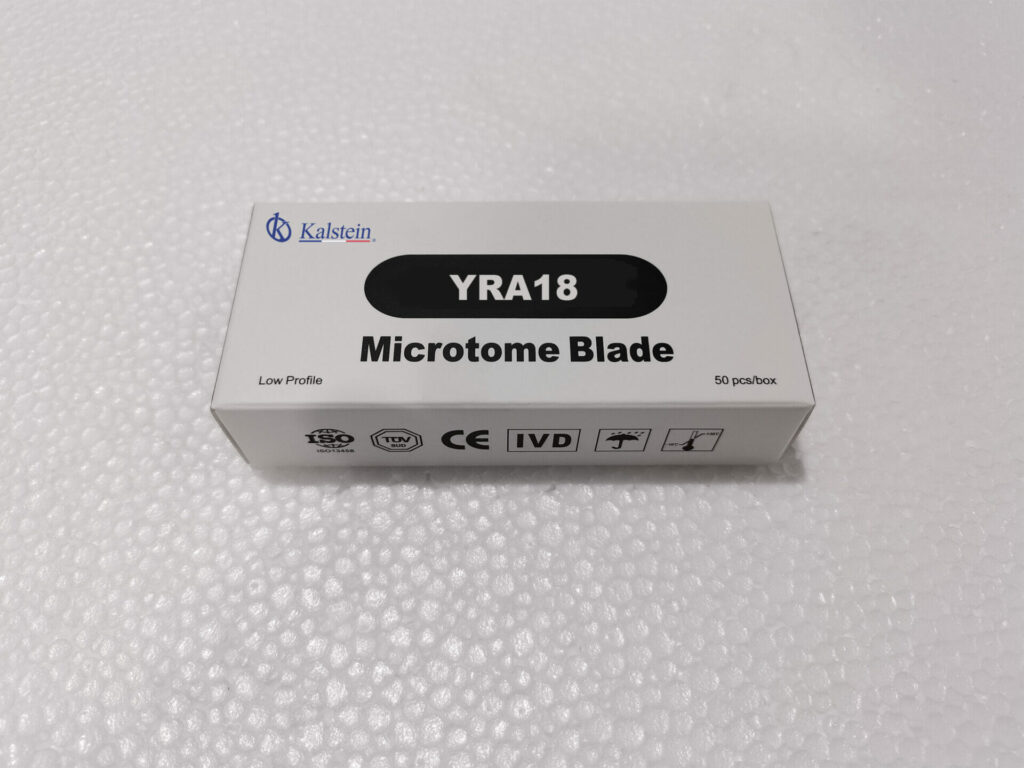The passion for discovering the world and its mysteries has been transversal to all eras and cultures. Since the discovery of the laws of nature, humanity has continued to explore and expand its knowledge of the physical world. The advance of science has contributed significantly to the human ability to explore and understand the complex physical structure of the universe, and for this has relied on technological developments.
Laboratory reagents are essentially chemical materials that are used in the laboratory to perform various tests and experiments. These products are made from pure chemicals and can have applications in many areas, from basic research to production. Its composition has been taken care so that the activity of the chemical species in the processes involved, is effective.
The use of reagents in the laboratory is of great interest, since they allow to discover useful information on the composition of materials or components of manufactured products. Many of these discoveries could be of great importance to the world, whose usefulness lies in better understanding the physical principles that govern the universe or providing scientific knowledge relevant to the interpretation of laboratory data.
What are the possible uses of laboratory reagents?
Depending on the area of study to which it is intended to be applied, reagents can be classified into functions such as analysis reagents, synthesis reagents, reaction reagents, biological reagents, catalytic reagents, distillation reagents and laboratory network reagents. These are some of the most common reagents used in the laboratory. Analytical reagents are used to evaluate a variety of characteristics, such as color, concentration, density, pH, polarity, and degree of combustibility.
These reagents are generally used to perform a variety of tests, such as soil, water, air, and food analyzes. Their main characteristic is their high purity, which allows them to be used as standard reagents in quantitative analysis. Synthetic reagents are used to transform one or more chemicals into another of desired properties. These reagents are used to carry out a variety of experiments, such as producing a liquid solution from a mixture.
Reaction reagents are used to produce a chemical reaction between two or more substances, resulting in a positive or negative reaction. These reagents are fundamentally the basis for the production of new products and their application extends to the treatment of molecular processes and the study of organic compounds. Biological reagents are used to facilitate the discovery of new biological compounds. These reagents are used both for biological research and for the production of pharmaceuticals.
The importance of laboratory reagents in scientific research
Catalytic reagents are essential for the processing of chemicals. The purpose of catalytic reagents is to accelerate the cooling or heating of a mixture of chemical compounds; more precisely, to accelerate the speed of reactions. Finally, laboratory network reagents are chemicals that are used to construct a three-dimensional network in a glass flask. This network is used to perform various scientific tests, especially those related to scientific research.
Laboratory reagents, as described above, are essential chemical materials in the field work of science. These reagents fulfill a key function in the human imagination: they allow us to discover new trends, reveal new knowledge and, therefore, provide guidelines for the creation of more effective, useful and safe products. Therefore, discovering the uses of laboratory reagents is an important part of the life of scientists who want to advance in their field of study.
Kalstein’s reagents to support clinical laboratories
There are many types of reagents for sale on the market, which clinical laboratories have for purchase. Without a doubt, the purchase options of Kalstein reagents are the best, both for their quality, efficiency and really competitive prices. With these substances, the measurements most often requested by doctors, such as the levels of urea, creatinine, and transaminases, are done reliably and quickly. You can find out more about our product catalogs at HERE and HERE.

